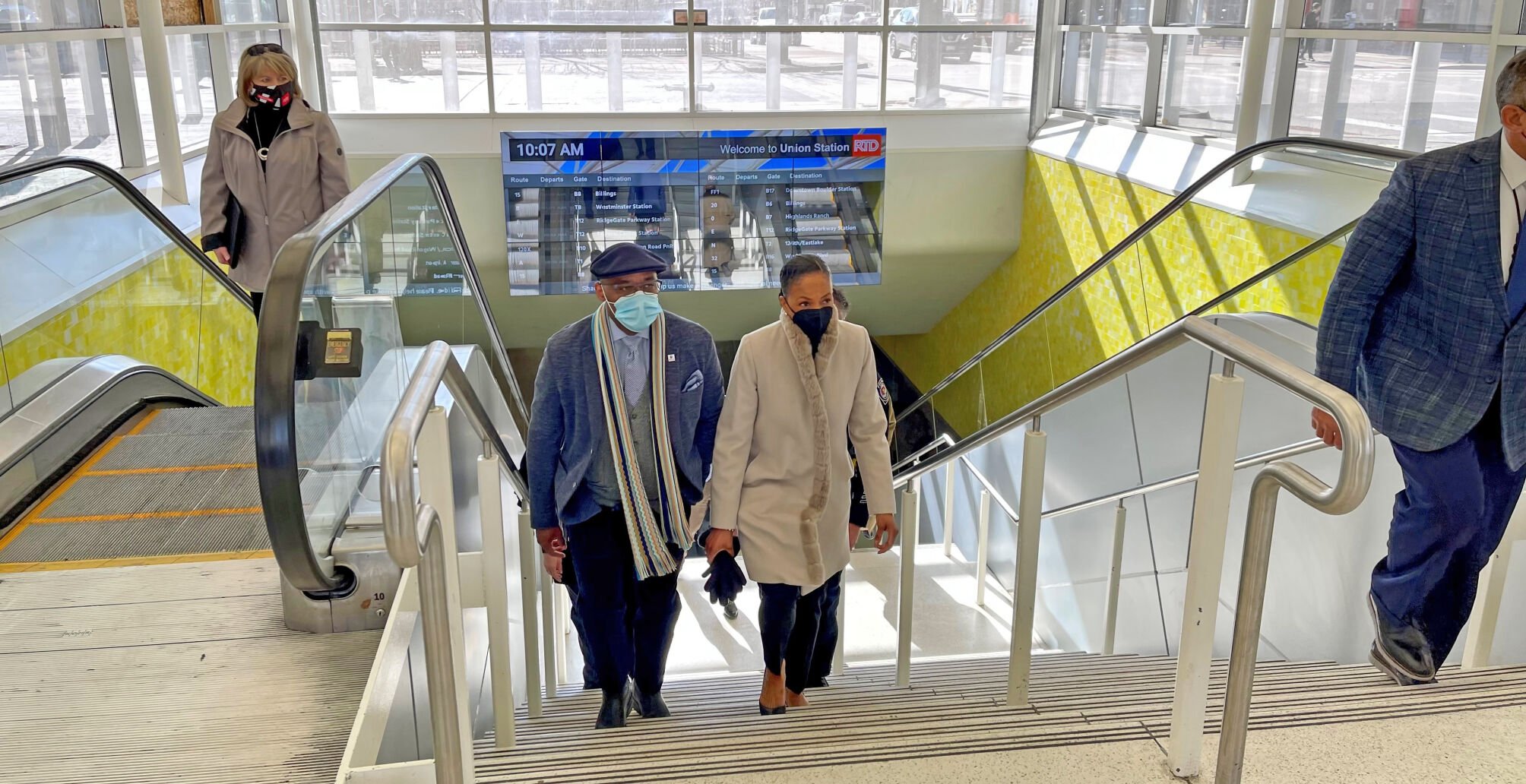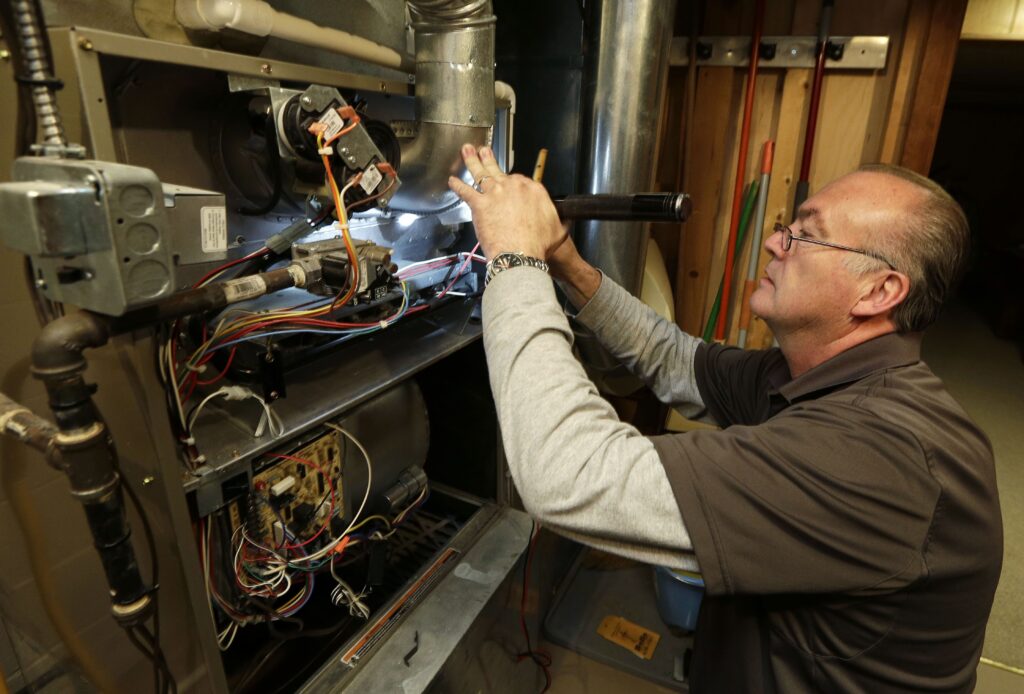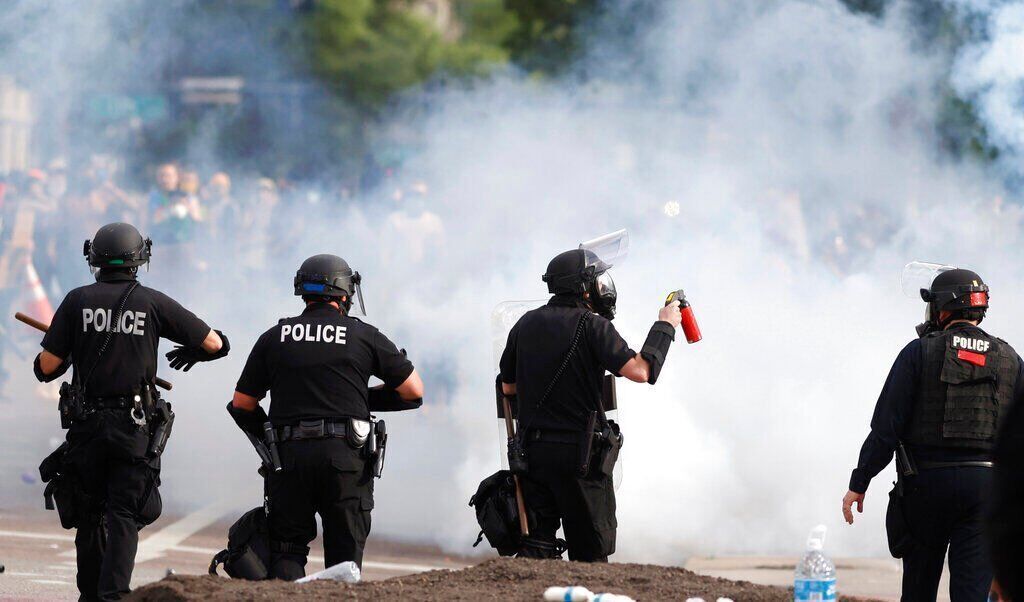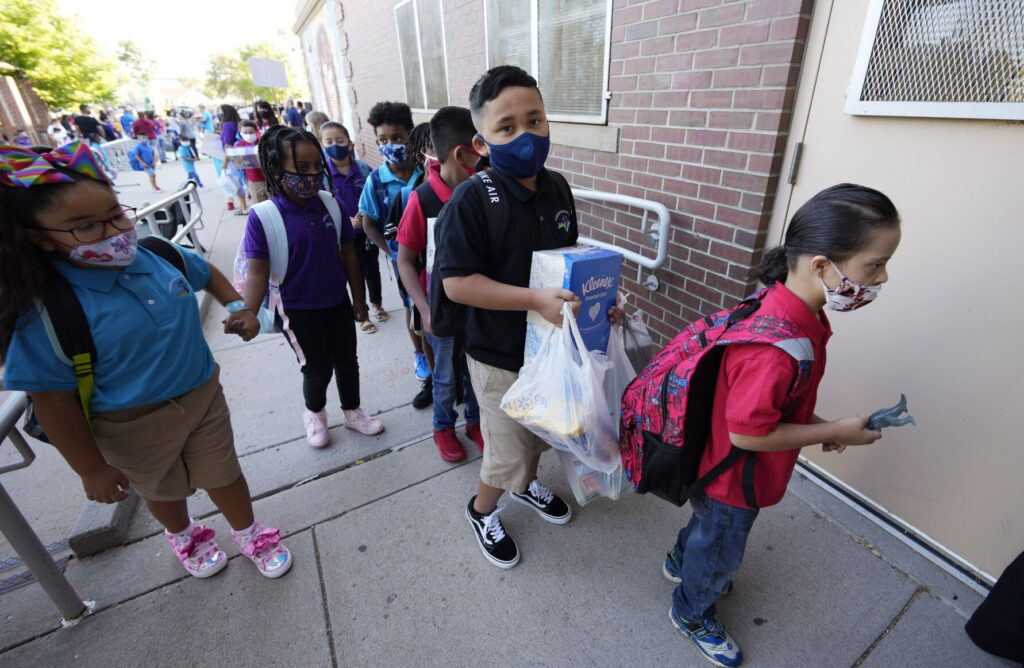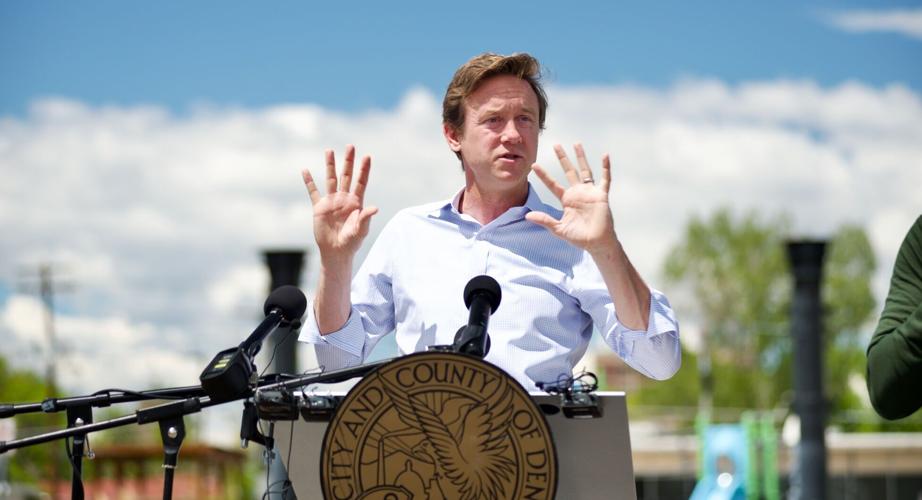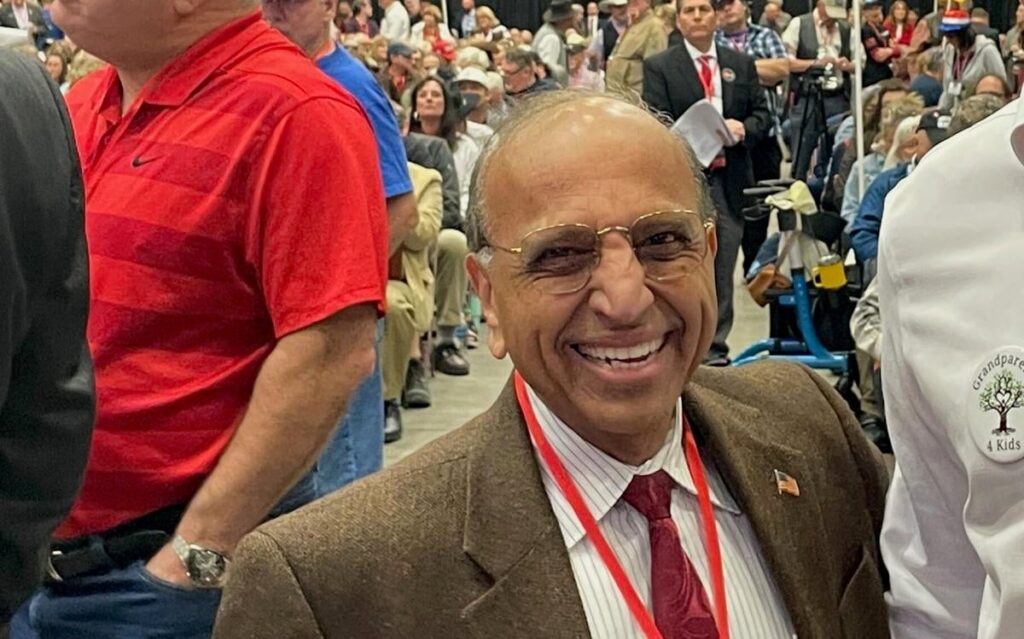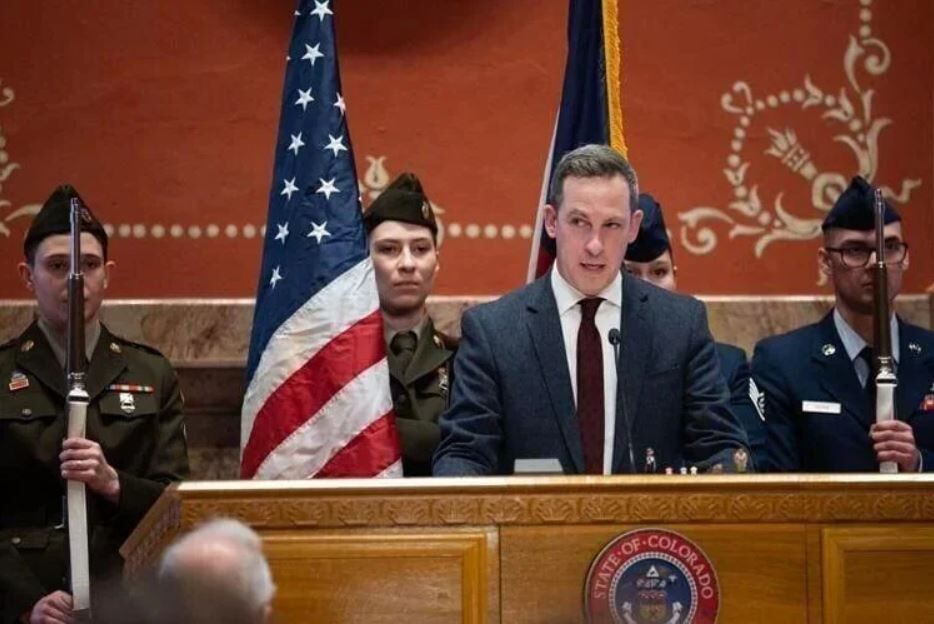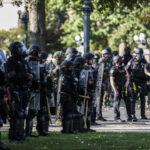Denver mayor blames drug use for surge in crime at Union Station bus terminal

Illegal drug use and sales in the Union Station bus terminal have fueled a spike in crime at the downtown transit hub, Denver Mayor Michael Hancock said Wednesday.
Hancock took a walking tour of the terminal and concourse with public safety officials and Debra Johnson, CEO and general manager of the Regional Transportation District, before speaking with reporters Wednesday morning.
“This continues to be an eye-opening, unprecedented experience that we have in the life of our city,” Hancock said. “Unfortunately, this is the season of our nation where we are seeing a surge of synthetic opiates and fentanyl and other very deadly, dangerous drugs being proliferated across our cities.”
More than 700 people have been arrested in the Union Station area since the beginning of the year and about a third of the arrests were drug related, Hancock said.
“What we are seeing here is not homelessness,” Hancock said. “This is about the sale and use of deadly illegal drugs.”
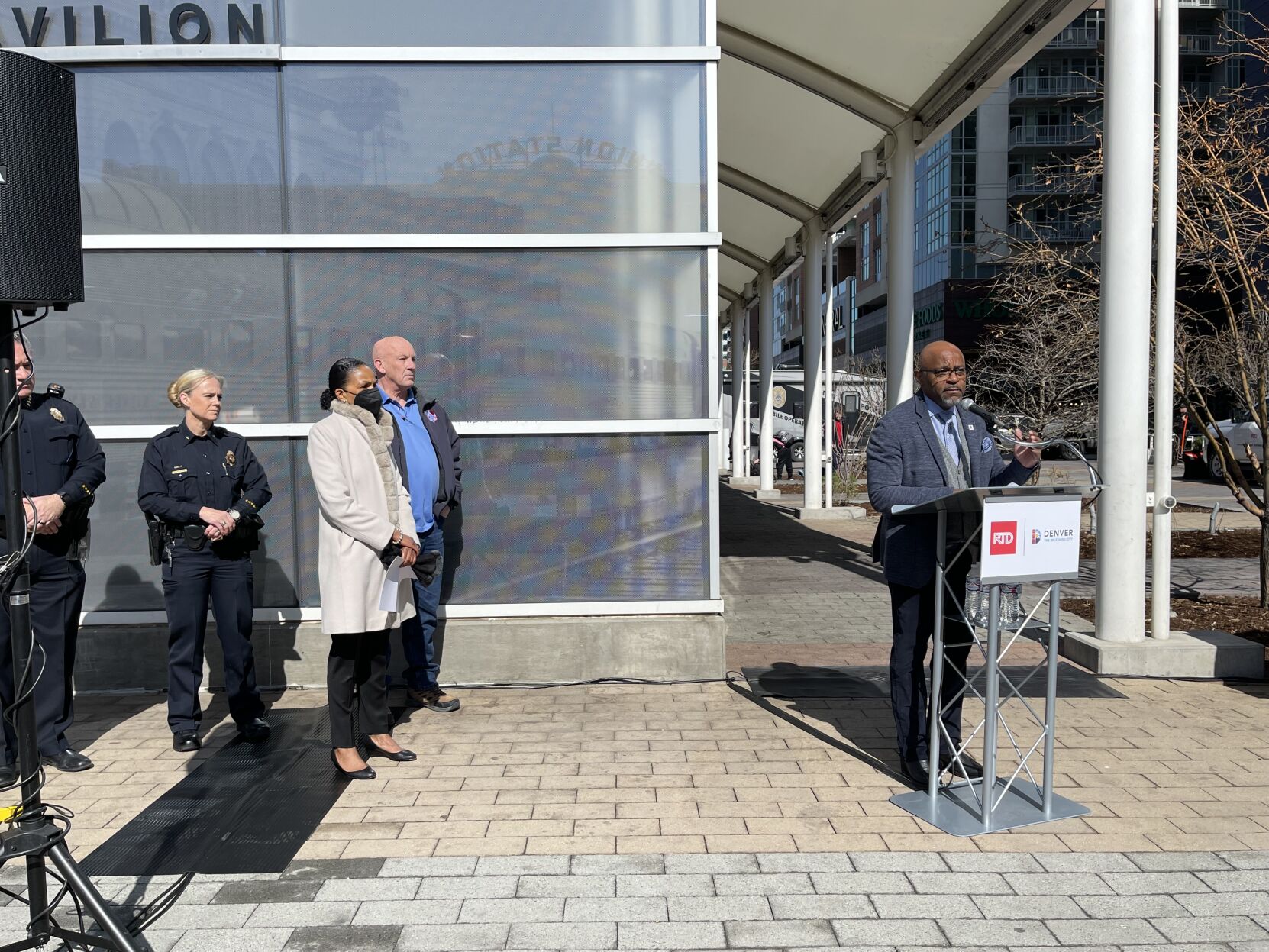
The Denver Gazette
Officials said the problem isn’t isolated to Denver. Hancock and Johnson said similar spikes in crime are plaguing transit hubs and urban areas across the country.
To combat these issues, police increased their presence near Union Station late last year. RTD has removed benches from the area and closed the bus terminal’s restrooms in December after traces of fentanyl were found on surfaces.
RTD announced additional plans last week such as making the terminal and overall area safer for riders, visitors and residents by creating a paid-fare area in the bus terminal.
Some changes such as fixing lighting and disabling wall outlets have already begun. The final modifications are expected to be complete in 12 to 16 months, Johnson said.
“This is pivotal to the vitality of the city and county of Denver and we are committed, let me stress that, we are committed that people feel safe and secure when they traverse this intermodal hub,” Johnson said.
Lance Longenbohn, president of Amalgamated Transit Union Local 1001, which represents 66% of RTD’s employees, said the moves by local officials are promising and bring hope to his union members.
“There’s a lot of frustration still about the conditions, but we’re also thankful that the fight is being picked up by so many people in the community,” Longenbohn said. “We’re being heard and getting attention.”
Officials began exploring the situation at Union Station last fall after the union called Union Station a “lawless hellhole.”
Denver Police Chief Paul Pazen said the city has made progress by collaborating with RTD, but there is still more work to do in terms of drug use and sales, especially fentanyl.
“We are much safer today than when we started this project,” he said. “This is a challenge unlike any that we have ever seen. When you’re losing one person a day to overdose death, that is unacceptable. And every person here should stand up and let it be known that we as a community are not going to tolerate that in our community.”
Pazen and Hancock reiterated that if these changes simply push crime to other parts of the city, police will implement similar changes in those areas to stop it from spreading.
“We can’t tolerate it anywhere in the city,” Pazen told The Denver Gazette. “We will work tirelessly to address it if it does move and make the necessary adjustments because no one in this city deserves to live in fear.”
Johnson and other officials urged riders and residents to report anything suspicious. Johnson encouraged patrons to download the TransitWatch app, which allows anyone to report unwanted activities directly to RTD Police.
“When you see something, say something,” Johnson said. “There’s no way we can have eyes and ears everywhere, because it’s going to take all of us to basically create an environment where people can go about living their best lives.”
